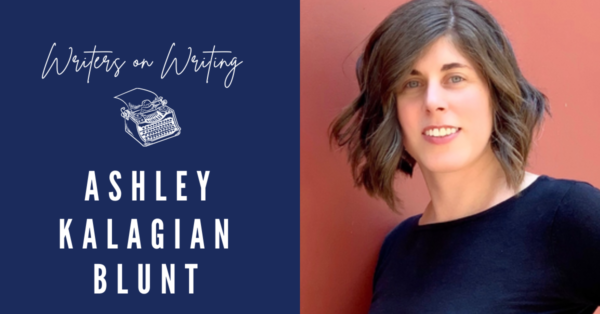
This is a brand new course at Writing NSW. What can we expect?
Expect a day jampacked with exercises, new concepts, short readings and discussion. Our focus is on how to take your memoir (or your idea for a memoir) and shape it into a compelling read, the kind you immediately recommend to friends. This involves practical strategies and tools you can begin to use right away, including understanding and applying narrative structure, and balancing the holy trinity of memoir narrative – scene, summary and musing. Plus, it’s going to be fun!
How do you know something from your life, whether it be a major event or something more banal, is worth writing about?
I believe anything can be worth writing about; it all depends on the approach. The major events are likely to be more of a hook for readers. But the banalities of life are worth exploring too, especially when you can bring new insights to them, as Fiona Wright does in The World Was Whole, for example. The better you understand the intricacies of good writing, the more powerfully you can write about any aspect of your life.
What is your writing process like? Do you have a routine?
I wish I had a routine! I have an unpredictable chronic illness, which is like living in a tumble dryer, getting constantly thrown around. I know I write best in the mornings, and strive to do that when I’m well enough. A more important part of my writing process is keeping a process journal, where I interrogate feelings about my current project and the ideas underlying it. If I’m struggling through a draft or revision, I’ll explore why in the journal. This usually helps me set those feelings aside and get on with the work. And sometimes it offers new and exciting insights.
What advice do you have for someone looking to craft their memories and experiences into a structured and interesting narrative arc? Where should they start?
Well, a one-day workshop is a great place to start! This is how I first learned, in a workshop with the fabulous Toni Jordan. From there, I used the concepts she taught to analyse some of my favourite books, both fiction and nonfiction – because that’s one of the keys to compelling memoir writing, using the same narrative structure techniques as in fiction. And it’s one of the main concepts we’re going to explore in Crafting Memoir. We’ll consider examples from a range of memoir writers, and practice applying these concepts to our own memories and experiences.
*
Ashley Kalagian Blunt’s memoir How to Be Australian is hailed by Walter Mason as ‘filled with affectionate humour and an occasionally serious eye to what makes Australia special’. Her first book, My Name Is Revenge, was shortlisted for the 2019 Woollahra Digital Literary Award and was a finalist in the 2018 Carmel Bird Digital Literary Award. Her writing appears in Australian Book Review, Overland, Griffith Review, Sydney Review of Books, the Sydney Morning Herald, Westerly, the Australian, the Big Issue and Kill Your Darlings. An award-winning speaker and former teacher, she co-hosts James And Ashley Stay at Home, a podcast about writing, creativity and health. Find her at ashleykalagianblunt.com
Join Ashley’s workshop, Crafting Memoir: An Introduction, Saturday 7 May, 10am–4pm 2022, 6:30-9.00pm. Enrol here >>

If you want to be the first to read great advice from our incredible tutors, subscribe to our weekly e-newsletter Newsbite.
More from Writing NSW
Check out our full range of in-person writing courses in Sydney, our online writing courses and our feedback programs to see how we can help you on your writing journey. Find out about our grants and prizes, as well as writing groups across NSW, and sign up to our weekly newsletter for writing events, opportunities and giveaways.
